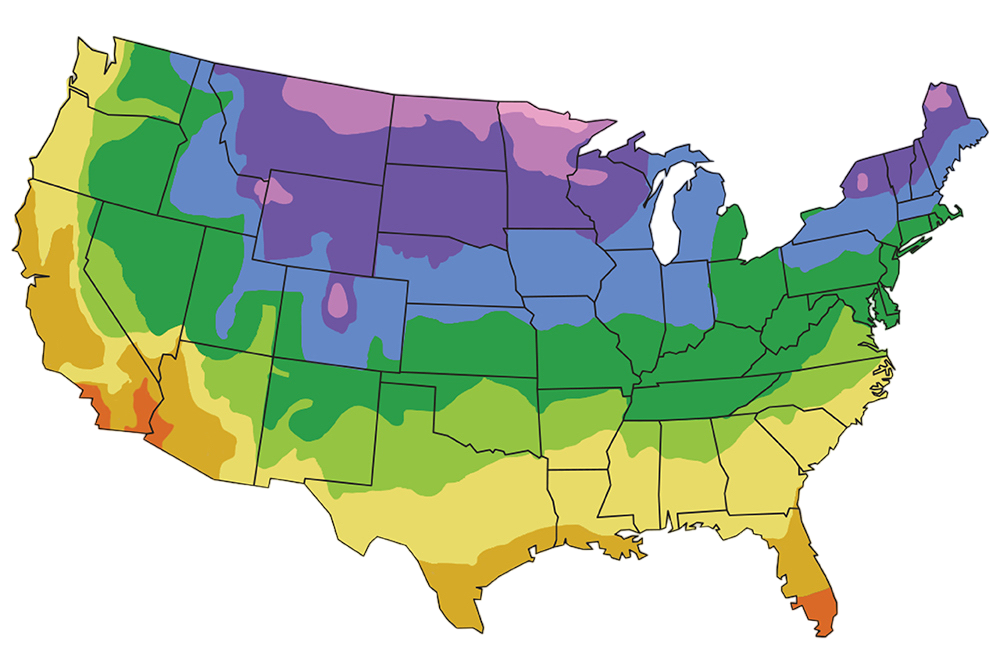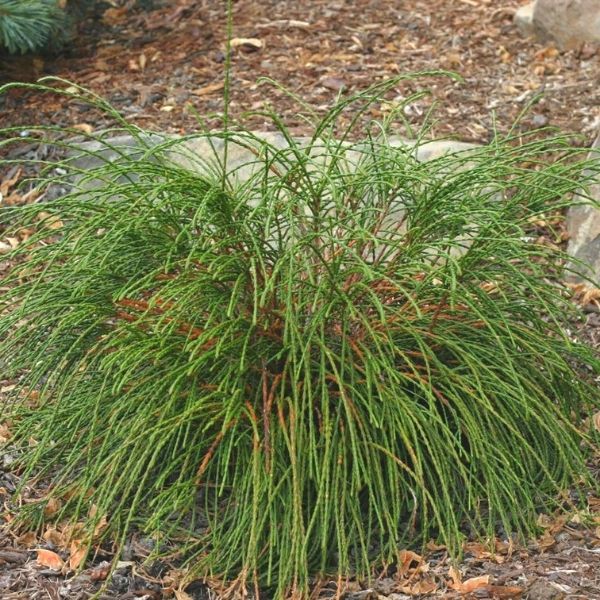
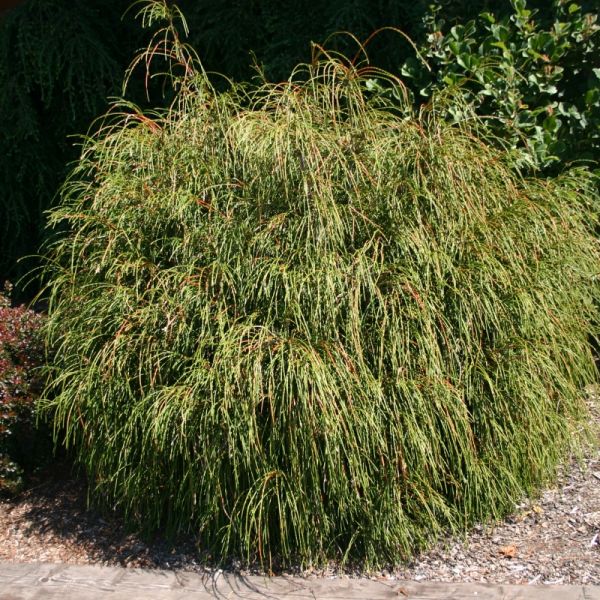
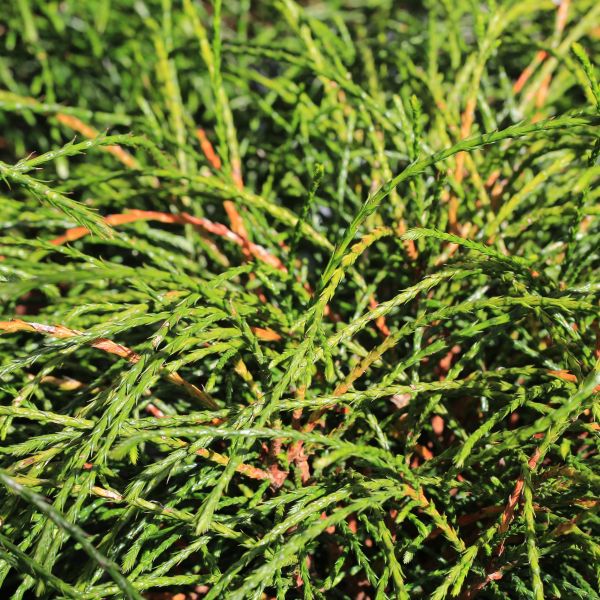
Whipcord Western Red Cedar
Thuja plicata 'Whipcord'
104 reviews
Whipcord Western Red Cedar
Thuja plicata 'Whipcord'
104 reviews
- Naturally insect and decay resistant
- Beautiful pinkish-red color with tight grain
- Easy to work with and strong
- Recommended by landscape designers for optimal fit in real yards
$86.00
$123.00
30% Off
- Ships to in 3-5 Days
- Free Shipping Over $150
- Plant Arrival Guarantee
- In Stock
- Free Plant Consult
$200 - Landscape-Approved: Every Plant We Sell Comes With Design Expertise Behind It
1.5 Gallon
We are sorry, product is currently out of stock due to seasonal availability. Please check the "Related plants available in your area" section below
Not just beautiful - intentionally selected by ShrubHub's 3D landscape design team to fit real-world spaces and maximize yard potential.
Why Whipcord Western Red Cedar?
Whipcord Western Red Cedar is a unique and eye-catching shrub with a distinct, twisted foliage and an upright, narrow form. It requires minimal pruning and care, making it an ideal choice for low-maintenance landscapes. This plant is also deer-resistant and drought-tolerant, making it an excellent option for homeowners looking for a hardy and attractive addition to their gardens.
Sunlight
Whipcord Western Red Cedar requires full sun to partial shade, but it thrives best in full sun exposure.
Watering
Whipcord Western Red Cedar requires regular watering, especially during dry periods, to keep the soil consistently moist. It is important to water deeply and provide enough water to reach the root zone of the plant.
Fertilizing
The fertilizer requirement for Whipcord Western Red Cedar may vary based on specific soil conditions and growth stage. It is recommended to consult with a local horticulturist or nursery for appropriate fertilizer recommendations for this particular cedar
Extraordinary, bizarre-looking, and showy, the whipcord western red cedar is a one-of-a-kind plant that, when planted in outdoor spaces, no one can ever miss it. Once your visitors step into your garden, they will be instantly drawn to this plant, growing fond of its irresistible beauty.
The whipcord western red cedar (Thuja plicata ‘Whipcord’) is a small multi-stemmed evergreen shrub that reaches 4 to 5 feet in height and width, with a very slow growth rate.
When contemplating this plant’s intricate details, you’ll come across: the fountain-like yet weeping branches that lend your garden a sense of grace, whipcord-like glossy green foliage (hence the name) that shows off bronze tones in winter, and feathery-textured needles that bring a bright green color to the palette.
All these features, when put together, create a sensory feast in your outdoor space. Not only do they add depth and visual interest to the scene, but introduce one of the most interesting textures.
With its airy appearance as its greatest virtue and abundant thread-like foliage as its most attractive feature, this unique-shaped rounded shrub can be the crown jewel of your garden. Just like a precious masterpiece, this native American plant takes center stage in your rock garden, masterfully showcasing your bold, unique, and lively character.
Native to the Pacific Northwest, this shrub performs best in areas that receive full sun or light afternoon shade in hot summer climates, prefers fertile, well-drained soil yet tolerates clay soil, and appreciates regular watering during its first growing season.
Celebrate your uniqueness with whipcord western red cedar! Order yours now!
Plant Information:
| Botanical Name: | Thuja plicata 'Whipcord' |
| USDA Zones: | 5 - 7 |
| Water: | Moderate to High |
| Exposure: | Full Sun |
| Soil Needs: | Well-Drained |
| Mature Height: | 4 - 5 feet |
| Mature Spread: | 4 - 5 feet |
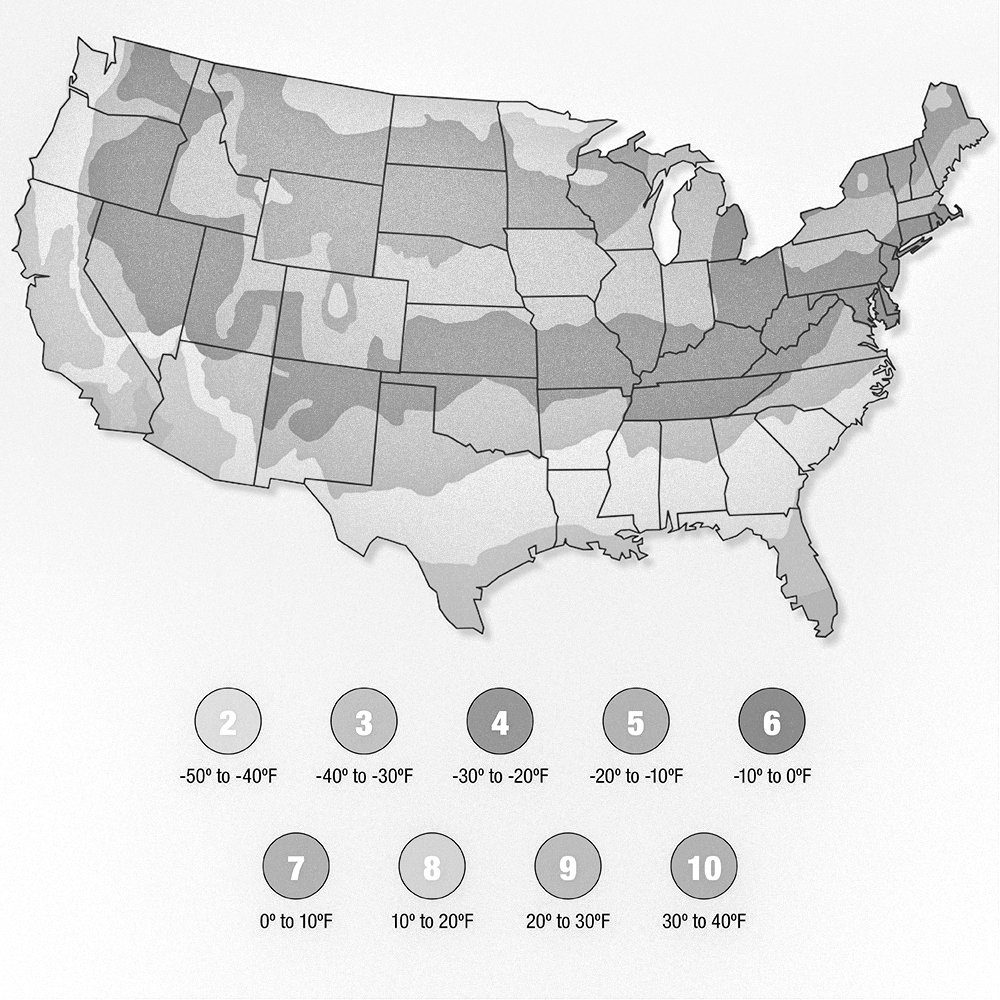
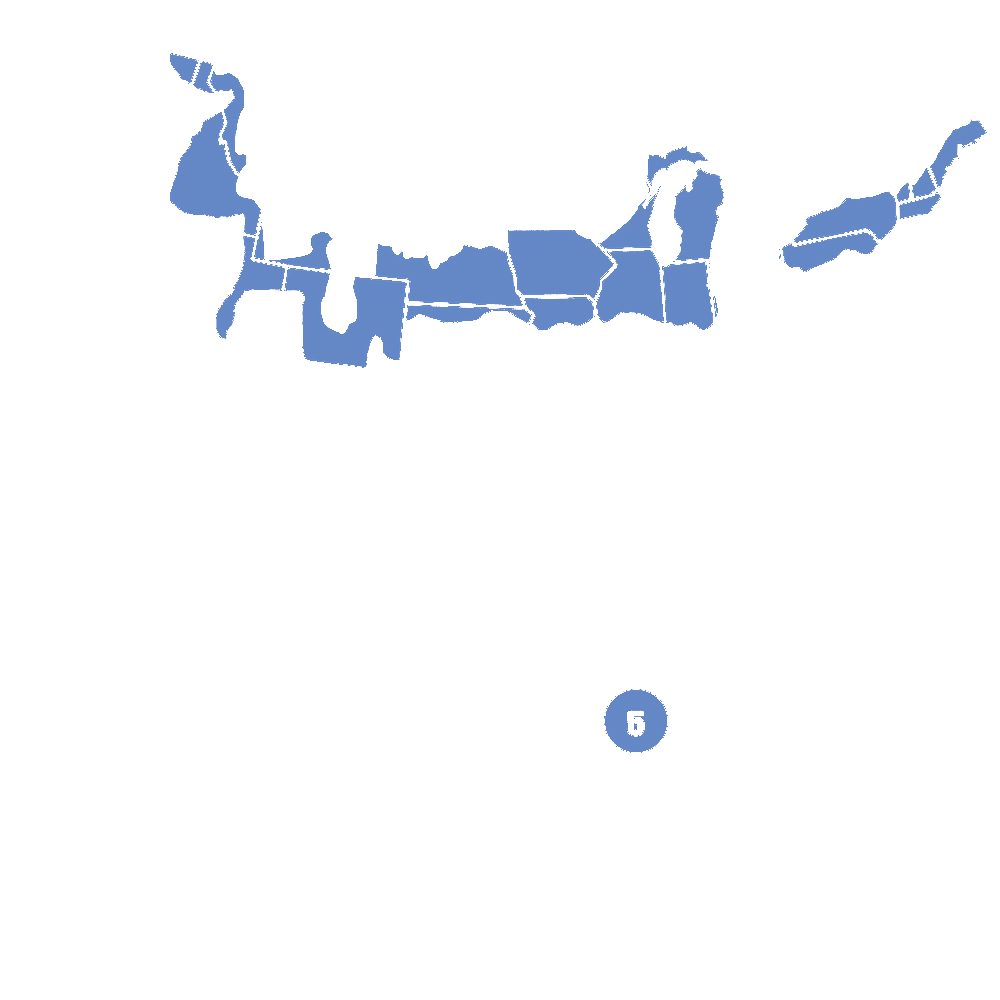
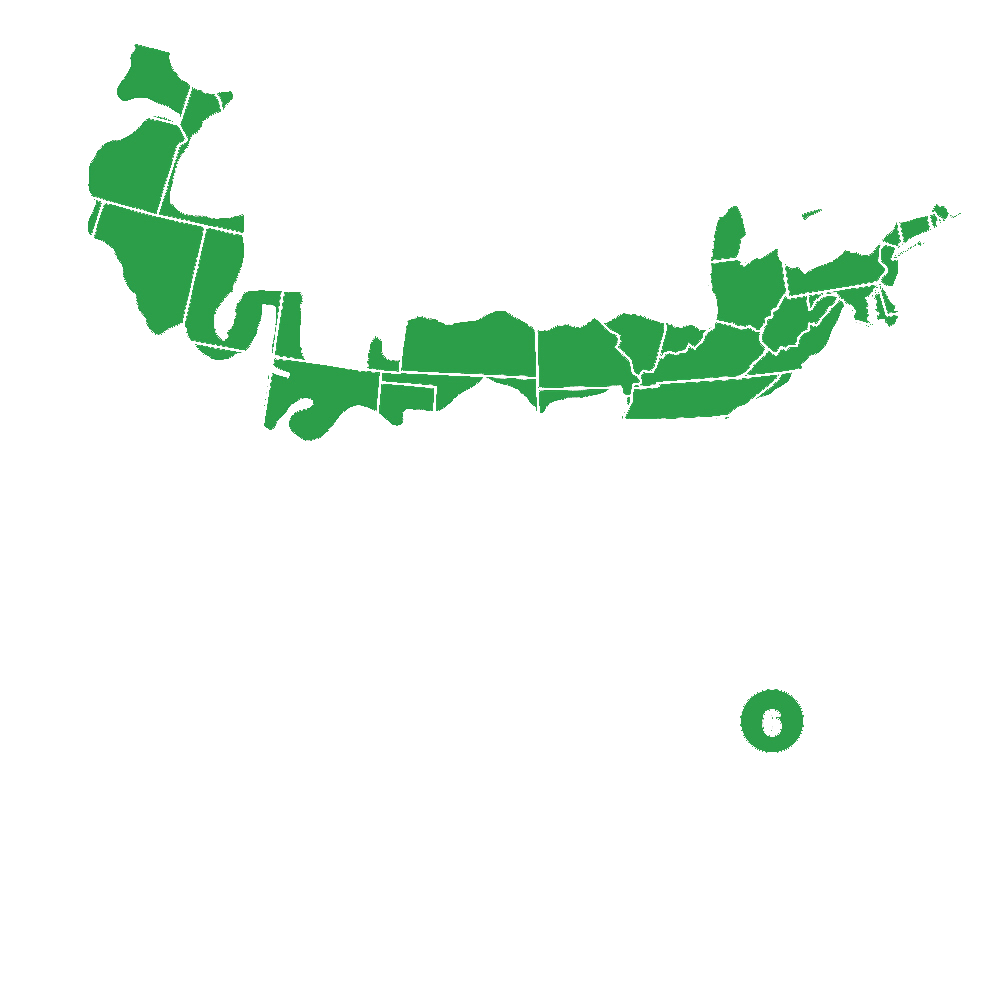
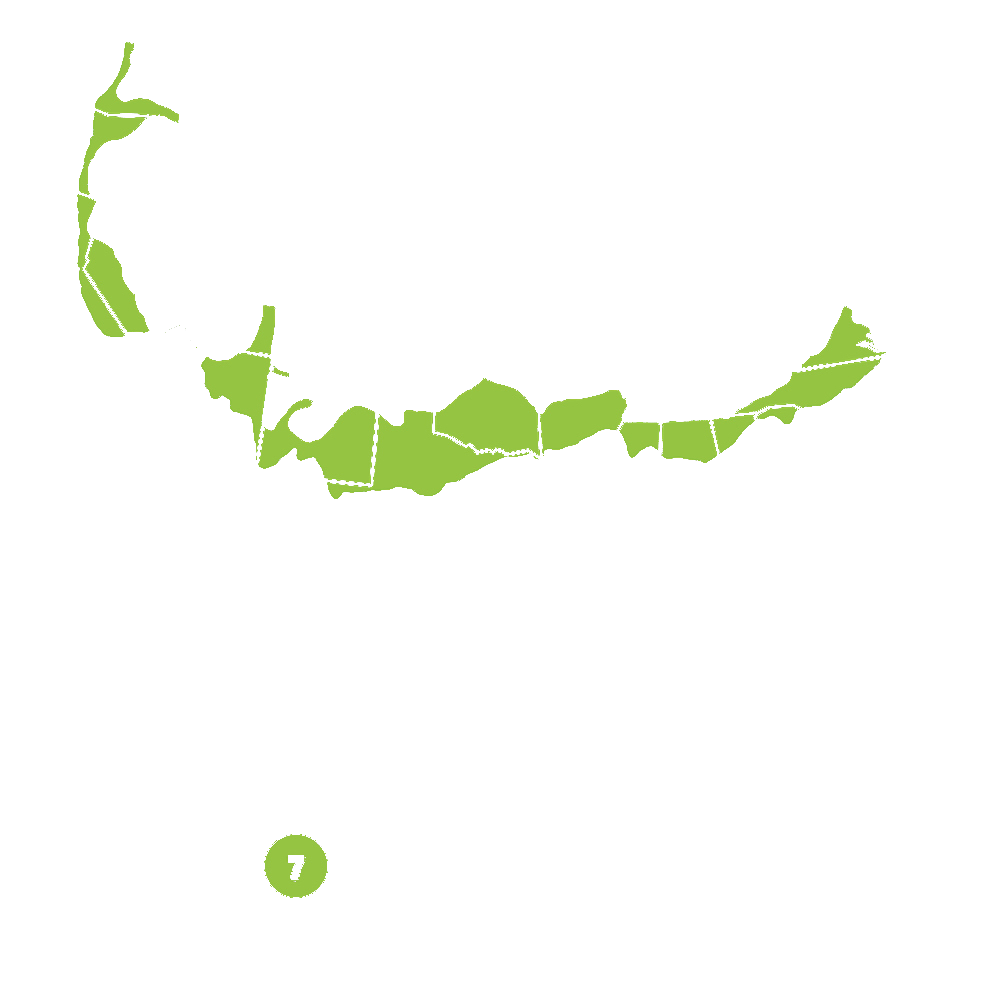
Pollination Info
Pollination Info for Whipcord Western Red Cedar (Thuja plicata 'Whipcord')
Whipcord Western Red Cedar is a dioecious plant, meaning that male and female reproductive organs are located on separate plants. Therefore, cross-pollination is necessary for the plant to produce seed cones.
The male flowers are small and yellow, and the female flowers are small and green. The male plants release pollen in the spring, which is carried by the wind to the female plants. The pollen must reach the stigma of the female flowers for fertilization to occur.
Bees may also play a role in pollination, as they may visit the male flowers for nectar and inadvertently transfer pollen to the female plants.
In areas where there are no male plants nearby, Whipcord Western Red Cedars can be propagated through vegetative methods, such as cuttings, rather than relying on seed production.
FAQ
Frequently Asked Questions for Whipcord Western Red Cedar ('Thuja plicata 'Whipcord')
What is Whipcord Western Red Cedar?
Whipcord Western Red Cedar is a unique coniferous evergreen tree. It is a cultivar of the Western Red Cedar (Thuja plicata) and is known for its whip-like, drooping branches that give the tree a unique appearance. It is commonly used for ornamental purposes in landscape design.
How tall does a Whipcord Western Red Cedar grow?
Whipcord Western Red Cedar generally grows to be around 2-3 feet tall and 3-4 feet wide, making it a great option for small gardens or tight spaces. It is a slow-growing tree and will take many years to reach its maximum size.
Where should I plant Whipcord Western Red Cedar?
Whipcord Western Red Cedar should be planted in a location that receives full sun to partial shade. It prefers well-draining soil that is slightly acidic and moist. It can tolerate some drought once established, but will perform best with consistent moisture. It is hardy in USDA zones 5-8.
How do I care for Whipcord Western Red Cedar?
Whipcord Western Red Cedar is low-maintenance and requires little care. It does not need to be pruned and only requires occasional watering during dry spells. It can benefit from a slow-release fertilizer in the spring, but this is not necessary. It has no significant pest or disease issues.
How can I use Whipcord Western Red Cedar in my landscape design?
Whipcord Western Red Cedar is a versatile plant that can be used in many different ways in landscape design. It can be planted as a specimen plant in a small garden or used as a accent plant in a larger landscape. Its unique appearance also makes it a great choice for container planting. It pairs well with other coniferous evergreens, flowering shrubs, and perennials.
Planting & Care
Planting & Care for Whipcord Western Red Cedar (Thuja plicata 'Whipcord')
Planting
- Choose a location that receives full sun to partial shade.
- Dig a hole twice as wide and just as deep as the root ball.
- Add compost or other organic matter to the soil to improve drainage and provide nutrients.
- Remove the plant from its container and loosen any tangled roots.
- Place the plant in the hole so the top of the root ball is level with the surrounding soil.
- Backfill the hole with soil and water thoroughly.
- Add a layer of mulch around the base of the plant to retain moisture and suppress weeds.
Care
- Water regularly, especially during hot, dry weather. Avoid overwatering or allowing the soil to become waterlogged.
- Fertilize once a year in early spring with a balanced granular fertilizer.
- Prune lightly as needed to maintain shape or remove damaged or dead branches. Avoid pruning too heavily or at the wrong time of year.
- Protect from harsh winter winds by wrapping with burlap or other protective material.
- Monitor for pests and diseases, such as spider mites or root rot, and treat as necessary.
Check Out These Verified Customer Reviews:
Customer Reviews
4.7 out of 5 based on 104 reviews
Thank you! Your review has been submitted.
I highly recommend Whipcord Western Red Cedar to anyone in need of quality wood products.
The shipment was quick and the cedar arrived in perfect condition.
Fast shipment, arrived in perfect condition.
Item has been added to your cart.

